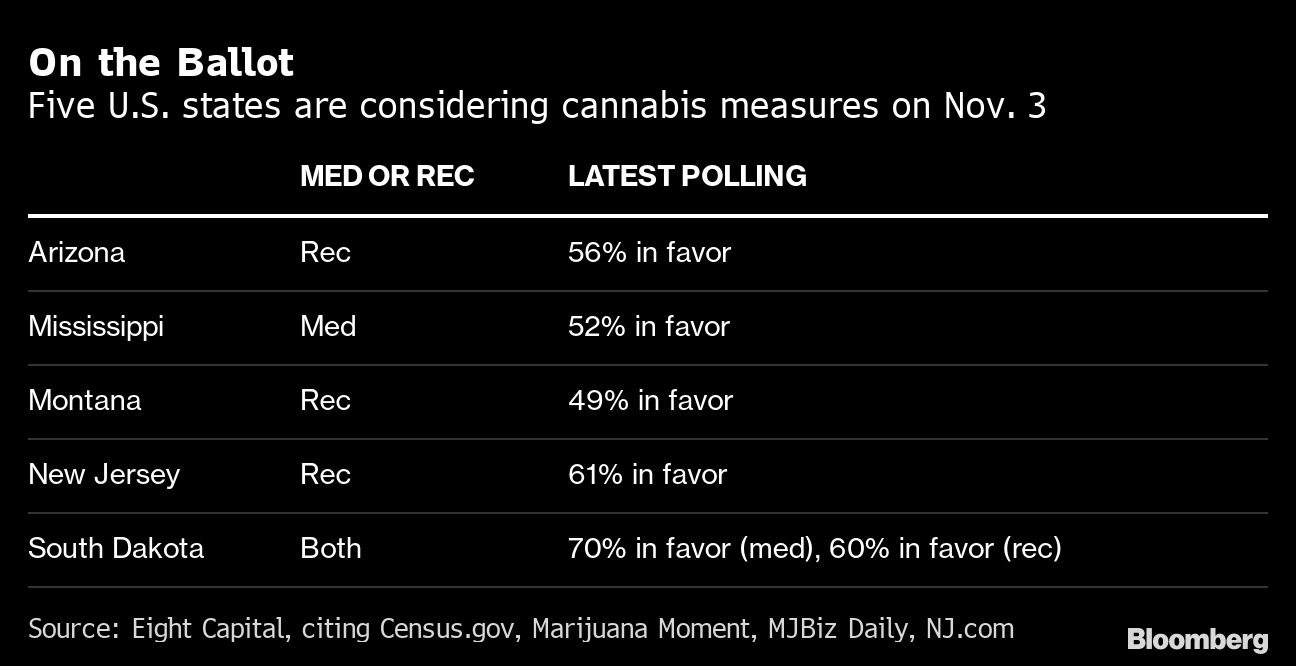While marijuana is typically advised against before surgery, many doctors and surgeons are speaking out about its effects for after-care.
Breast implants are still a booming business. As one of the most popular surgeries in the U.S., over 300,000 women go under the knife annually. According to the American Society of Plastic Surgeons, Americans spent more than $16.5 billion on cosmetic surgery in 2018.
With many instances of news covering breast implant illness, where individuals who have received breast implants describe symptoms like chest pain, fatigue, hair loss, and chronic pain, more patients are asking about the risks associated with getting implants or having them removed. And, with medical marijuana and CBD available in more states each year, considerations should be made when combining marijuana and the addition of implants or their removal.
Marijuana and Implant Surgery
Whether patients are undergoing surgery for a reduction or receiving implants, many doctors spoke to us about the importance of a candid conversation about marijuana use. Dr. Nathan Castillo, who practices out of Atlanta, GA, shared that patients should, “refrain from smoking marijuana for at least 4-6 weeks before surgery.” Studies have found a link between marijuana use before surgery and a risk of vasodilation during surgery, the latter of which occurs when blood pressure falls due to blood vessels relaxing.
Additionally, a 2018 study published in the journal Heliyon, found that consuming marijuana before surgery could complicate outcomes during and after the procedure. The study found that marijuana’s effects were most prevalent one hour after the start of the surgery and lasted anywhere from 2-4 hours. With an increase in both airway obstruction and anesthetic doses administered, the study found patients who consumed marijuana before surgery carried more risks than patients who abstained. However, while marijuana is typically advised against before surgery, many doctors and surgeons are speaking out about its effects for after-care.







